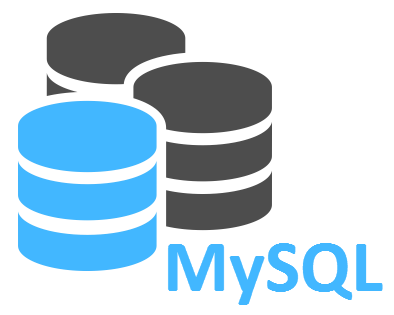About the Module
MySQL is a powerful and widely-used open-source relational database management system. Learning MySQL at Code Academy Benin City can provide you with a solid foundation for a career in web development, data analysis, and database administration.
One of the main advantages of MySQL is its popularity. It is widely used by a variety of companies and organizations, both big and small. This makes MySQL a valuable skill to have in today's job market, as it is in high demand.
MySQL is also a flexible database system that can be used to store, manage, and retrieve large amounts of data. It supports a wide range of data types, including strings, numbers, and dates, and it can be easily integrated with web development frameworks such as PHP and Ruby on Rails.
Additionally, learning MySQL at Code Academy Benin City can provide you with the skills to design and optimize database schema, perform complex queries, as well as maintain and backup your database. This can be beneficial for managing your own personal projects or for your future career in database administration or data analysis.
In addition to the technical skills, working with a database can also improve your problem-solving and logical thinking abilities. Databases are the backbone of many businesses, and knowing how to work with one can be a huge asset.
Overall, learning MySQL at Code Academy Benin City is a valuable investment in your career as a web developer, data analyst, or database administrator. Not only will it provide you with the skills to effectively manage data, but also open many career opportunities, as well as give you the ability to manage and maintain data in your own personal projects.
Module Information
| Duration | 1 month |
| Amount | ₦50,000 |
| Location |
Syllabus
- Introduction to MySQL and relational databases.
- Setting up and configuring a MySQL server.
- Basic SQL syntax and data types.
- Creating and modifying tables, including data constraints and indexes.
- Retrieving data using SELECT statements and performing complex queries.
- Inserting, updating, and deleting data.
- Advanced SQL topics such as JOINs, subqueries, and stored procedures.
- Using the MySQL Connector for Python to connect and interact with a MySQL database in Python.
- Python libraries such as ORM (Object-Relational Mapping) to interact with the database.
- Project work: Students work on a personal project to showcase their skills.
This syllabus aims to cover the basics of MySQL, SQL and the integration of MySQL with python, which is valuable for web development and data analysis. By learning this, you'll be able to effectively manage and analyze data, with the added convenience of python.
